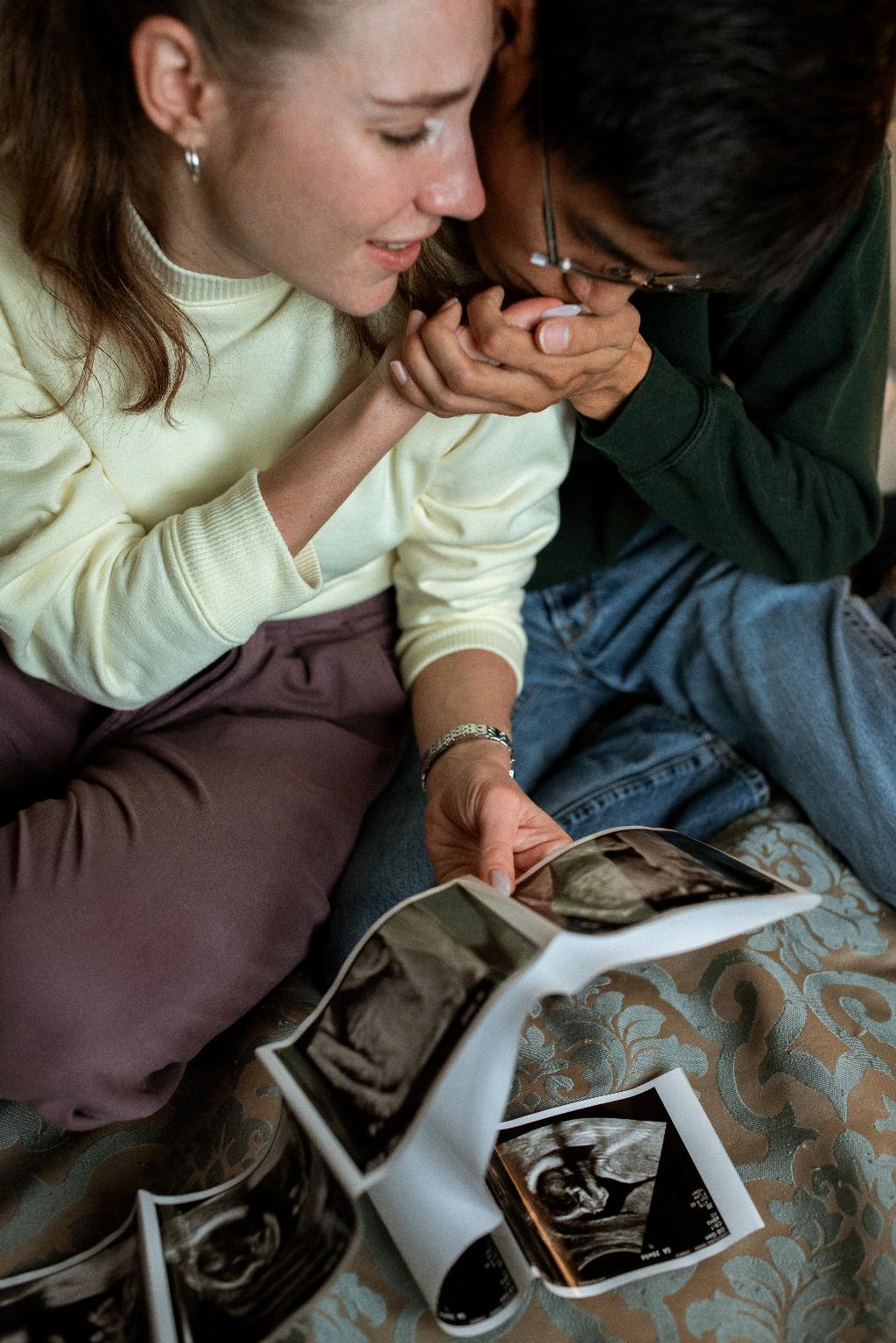One of the most common questions among expectant mothers is when they should expect to start experiencing the telltale signs of pregnancy. According to a study published in the Journal of Clinical Epidemiology, the majority of women, approximately 59 percent, begin to experience pregnancy symptoms by the end of their fifth or sixth week.
As pregnancy progresses, the likelihood of experiencing symptoms increases significantly. By the end of week six, around 71 percent of women reported experiencing symptoms, with this number rising to 89 percent by week eight. These findings suggest that most women will start showing signs of pregnancy within the first two months.
Early Pregnancy Symptoms
Early pregnancy symptoms can vary from woman to woman, but some of the most common signs include fatigue, nausea or morning sickness, breast tenderness, and changes in appetite. These symptoms are often the first indicators that a woman may be pregnant.
Additionally, many women may notice subtle changes in their body, such as frequent urination, heightened sense of smell, and mood swings. These early signs can be attributed to hormonal changes taking place in the body as it prepares for pregnancy.
Factors Affecting the Onset of Symptoms
It is important to note that the timing of when pregnancy symptoms start showing can vary based on individual factors. Some women may notice signs earlier than others, while some may not experience any symptoms until later in their pregnancy.
Factors such as overall health, genetics, lifestyle habits, and stress levels can all play a role in when pregnancy symptoms become noticeable. Additionally, the presence of conditions such as preeclampsia or gestational diabetes can also impact the onset of symptoms.
Monitoring Your Symptoms
It is essential for expectant mothers to pay attention to any changes in their body and monitor their symptoms closely. Keeping track of when symptoms start appearing and how they progress can provide valuable information to healthcare providers during prenatal visits.
If you have any concerns or notice any unusual symptoms, it is crucial to consult with your healthcare provider promptly. Early detection and management of pregnancy symptoms can help ensure a healthy and successful pregnancy.

